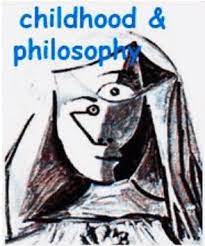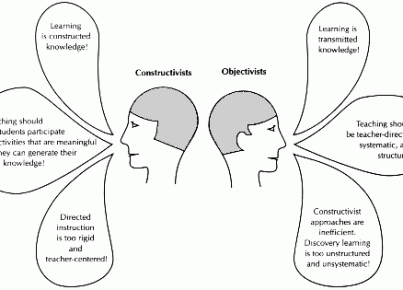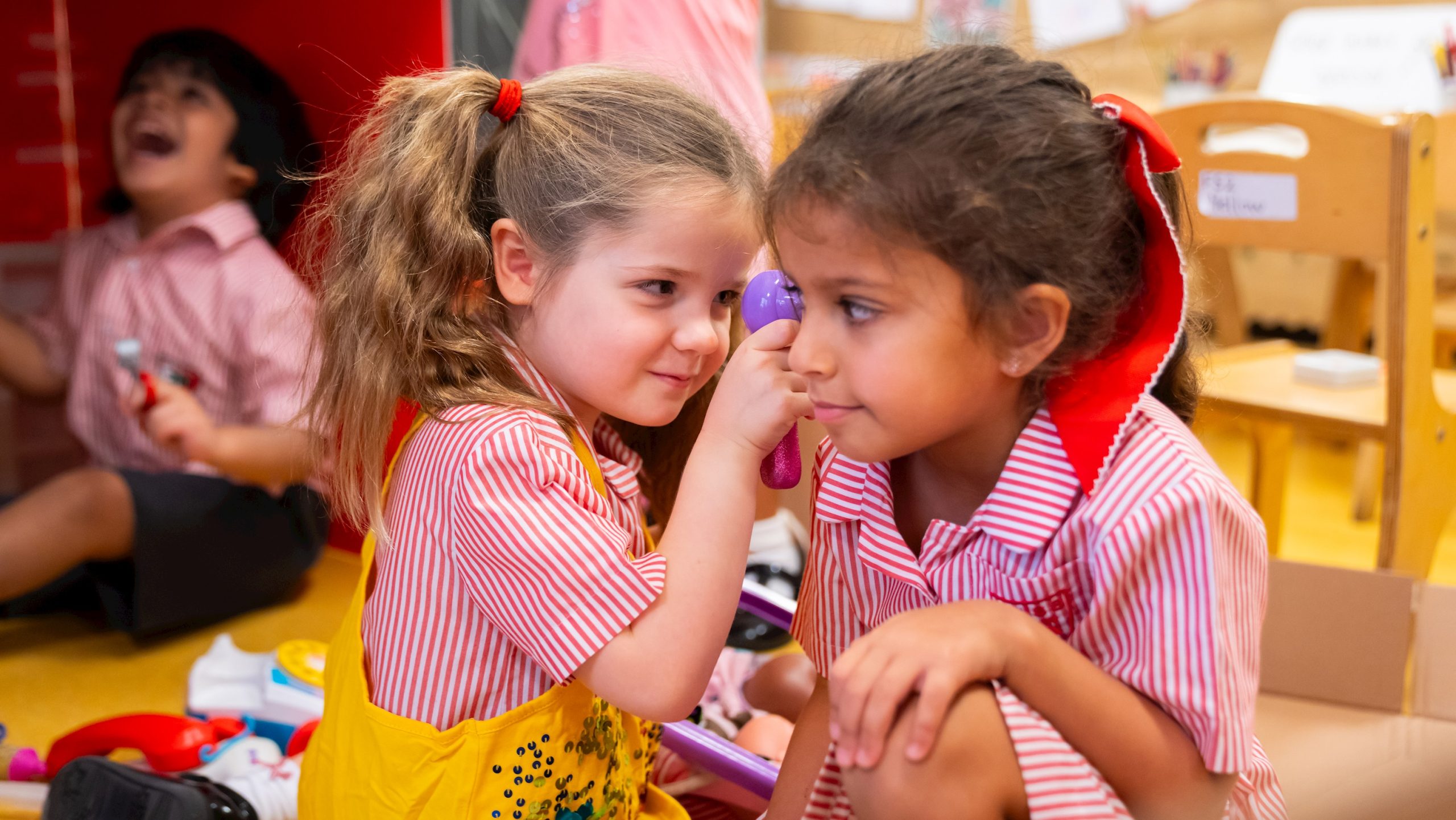Introduction
Philosophy for children (P4C) is a method of education that seeks to develop critical thinking and ethical reasoning in children through philosophical dialogue and inquiry. Intergenerational dialogue, as a key component of this approach, brings together children with older generations, facilitating a unique exchange of ideas, perspectives, and experiences. In this article, we will explore the benefits of this intergenerational dialogue within P4C and its potential implications for future learning environments.
The Concept behind Philosophy for Children (P4C)
Developed in the 1970s by American philosopher Matthew Lipman, P4C aimed to bridge the gap between philosophy and childhood education. By engaging in dialogue with topics rooted in philosophical thought, such as ethics, justice, and existence, children learn to think critically and reason ethically from an early age.
Intergenerational Dialogue: A Crucial Element in P4C
Intergenerational dialogue forms an integral part of P4C by encouraging conversations between different age groups. The interaction between younger participants and older individuals fosters shared learning experiences and enriches the philosophical discussions. This cross-generational collaboration equips both parties with valuable insights they might not have discovered on their own.
Benefits of Intergenerational Dialogue in P4C
1. Enhanced Understanding: When older individuals share their wealth of experience with younger counterparts, it increases mutual understanding and encourages empathy. This process not only deepens the discussion but also helps create stronger bonds between generations.
2. Critical Thinking Skills Development: Engaging with different age groups challenges preconceived notions and promotes open-mindedness. Through exposure to diverse perspectives and life experiences, children cultivate greater critical thinking skills – an essential life tool.
3. Strengthened Communication Skills: Children must learn to articulate their ideas clearly when engaging in conversations with older participants who may hold differing views. This challenge compels them to refine their communication skills and become more proficient in expressing themselves.
4. Preservation of Cultural and Moral Values: Intergenerational dialogue introduces children to the cultural and moral values of their elders. Such interactions preserve these values for future generations while also allowing room for evolution and growth.
5. Emotional Growth: When children engage in thoughtful, respectful dialogue with older individuals, they develop emotional intelligence, resilience, and a deeper understanding of the human experience that transcends age differences.
Conclusion
Intergenerational dialogue in Philosophy for Children offers a unique opportunity to transcend generational borders, enhancing learning experiences, and strengthening communities. By fostering an exchange of ideas, values, and emotions between the young and old, P4C cultivates a foundation for critical thinking while equipping children with the tools required for navigating an ever-changing world. As educational institutions continue to adapt, embracing P4C’s intergenerational dialogues will empower future generations with vital intellectual and emotional resources rooted deep in empathy and understanding.





